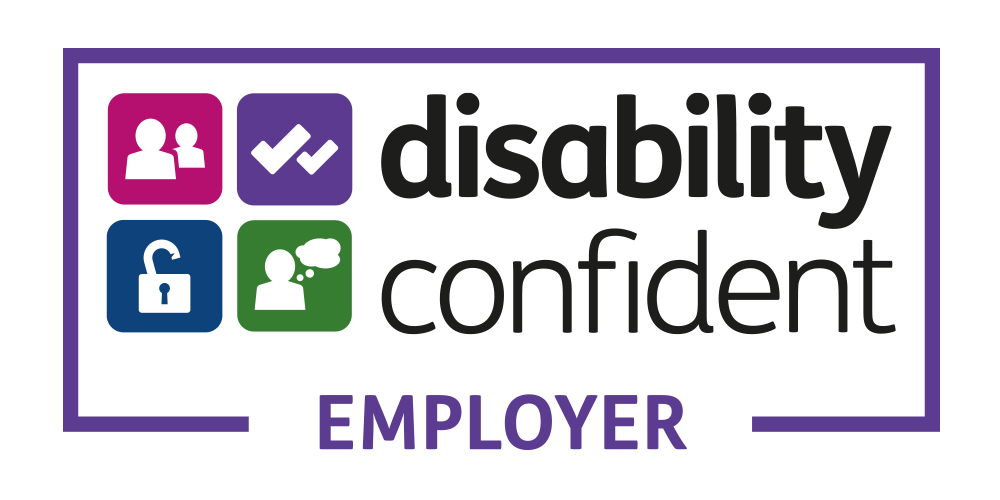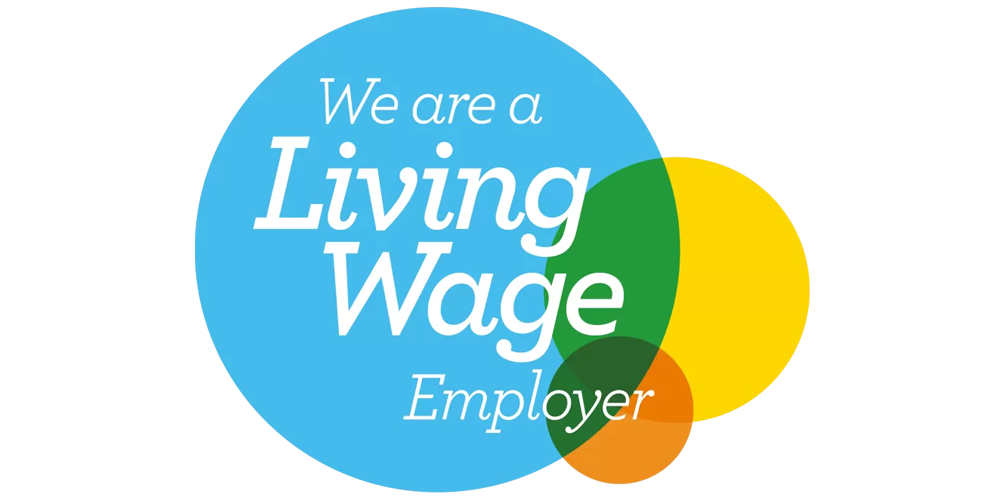No intimacy if you’re sick? You’re missing a trick!
As cold and flu season kicks in this winter, according to new research, more than 3 out of 4 coupled-up Brits will have a job on their hands to convince their partners one of the best ways to relieve their coughs and sneezes is to have sex – but it’s true!
Probably because it’s one of the most unromantic seduction techniques imaginable – suggesting that you’d like to have sex because it could make your cold feel better, seems to be a little-known option. And, for the 77% of Brits who say they wouldn’t dream of agreeing to sex with their partner if they had cold or flu symptoms for fear of catching it too, this revelation could beg the question “How deep is your love?” this winter.

British women are much more averse to the idea of sex with a snotty partner than men. Only 1 in 6 women (18%) would risk the potential germ exchange. Whereas, British men are less concerned, with nearly one three thinking the offer of sex would be worth the germ gamble. This is according to independent research carried out with 32,000 respondents across 16 countries, including 2,000 Brits, on behalf of STADA/Thornton & Ross, makers of Knect personal lubricant.
Research has shown that, not only can sex help clear a stuffy nose temporarily, it can also result in the production of higher levels of Immunoglobin A (IgA), a hormone that improves the immune system generally. Indeed, oddly enough some people actually find themselves craving sex when they have a cold – the body is subconsciously seeking what it knows can help it.
Rather sadly, the STADA research also shows Brits would withhold affection from a partner who has a cold, with thoughts of self-preservation preventing 75% of people from even giving their partners a kiss when they have a cold for fear of catching the virus themselves. When isolation and free Covid testing kits are a thing of the past, making it difficult to tell if it’s just a cold, or flu, or worse still a dose of Coronavirus people could be tangling tonsils with, who can blame them?
Commenting on the findings, leading cold, and flu vaccines expert, Dr Phil Sizer, who taught the UK’s chief medical officer, Professor Sir Chris Whitty, during his time at Oxford University, said, "This is a timely report as we enter the season of respiratory infections, whether these are due to influenza, rhinovirus (otherwise known as the cold virus), coronavirus or one of the other many respiratory viruses. The Covid-19 pandemic has made us consider not only our individual susceptibility to infection and consequent potential illness but also the impact of our own infectiousness and transmission to others.
"We can help support our natural immune system to combat these viruses through a healthy diet, exercise - whichever form that might take, and through vaccinations. Flu vaccines help protect against the main strains of influenza in circulation and may also help stop you spreading to other people who could be more vulnerable to infection."
Nigel Stephenson, general manager of STADA UK, makers of Knect, commenting on the findings, said: “In a post-pandemic society, recent events have reminded us of the paramount importance of good health, whether that’s physical or mental. Delivering this and improving healthcare contributing to everyone’s wellbeing requires a broad range of people and organisations acting together based on reliable and verifiable information and data. This light-hearted snapshot of self-preservation is a small part of the much more serious research we undertake caring for people’s health as a trusted partner.
“British men and women ranking the highest in Europe, according to our research, for taking certain precautions to avoid cold, flu and Covid this year, surely indicates a social distancing message remains at the back of many minds.”
WHAT TO DO IF YOU HAVE A COLD OR THE FLU
your symptoms and speed up your recovery. If your symptoms persist or get worse, please speak to a medical professional, like your GP.
DO…
- Listen to your body - keep warm, get lots of rest and allow your body to fight the virus
- Drink plenty of fluids – stay hydrated as water and juices can help cool a fever
- Sleep with your head on a high pillow – this helps to ease congestion if your nose is blocked at night
- Focus on nutrition – prioritise a healthy, balanced diet to help your body to fight the virus
- Take paracetamol – this can ease bodily aches and pains, plus headaches
- Try steam inhalation - a simple, effective way to help ease nasal and sinus congestion. Adding menthol to the hot water may help, too
- Use a tissue to catch sneezes – this will help avoid spreading the virus
DON’T…
- Try to do too much – your body will be fighting the virus, so you may feel tired more easily than usual
- Smoke – this can further irritate the linings of the nose and throat
- Close your windows – fresh air is good for your immune system
- Drink alcohol – this will dehydrate you and may interact with any medicines you are taking
- Take antibiotics – they are designed to treat bacterial infections, not viruses
For more usually tried and tested cold symptoms relief options, that don’t take two to tango, STADA has a range of remedies: The Covonia range of cough medicines, remedies and suppressants, Care+ cold and flu relief and decongestants, and the Care+ Linctus range.
For further advice visit Covina advice hub here
Knect
Knect is a water-based lubricant which perfectly complements your natural moisture. Knect is suitable for recently after childbirth, when experiencing dryness as a symptom of the menopause or to enhance intimate moments.
Water-based lubrications are the most similar to the body's natural wetness, providing hydration and helping to ensure lubrication and comfort during sex. And because Knect contains no perfumes, parabens or flavourings, it's gentle enough for daily use. To find out more, click here.




